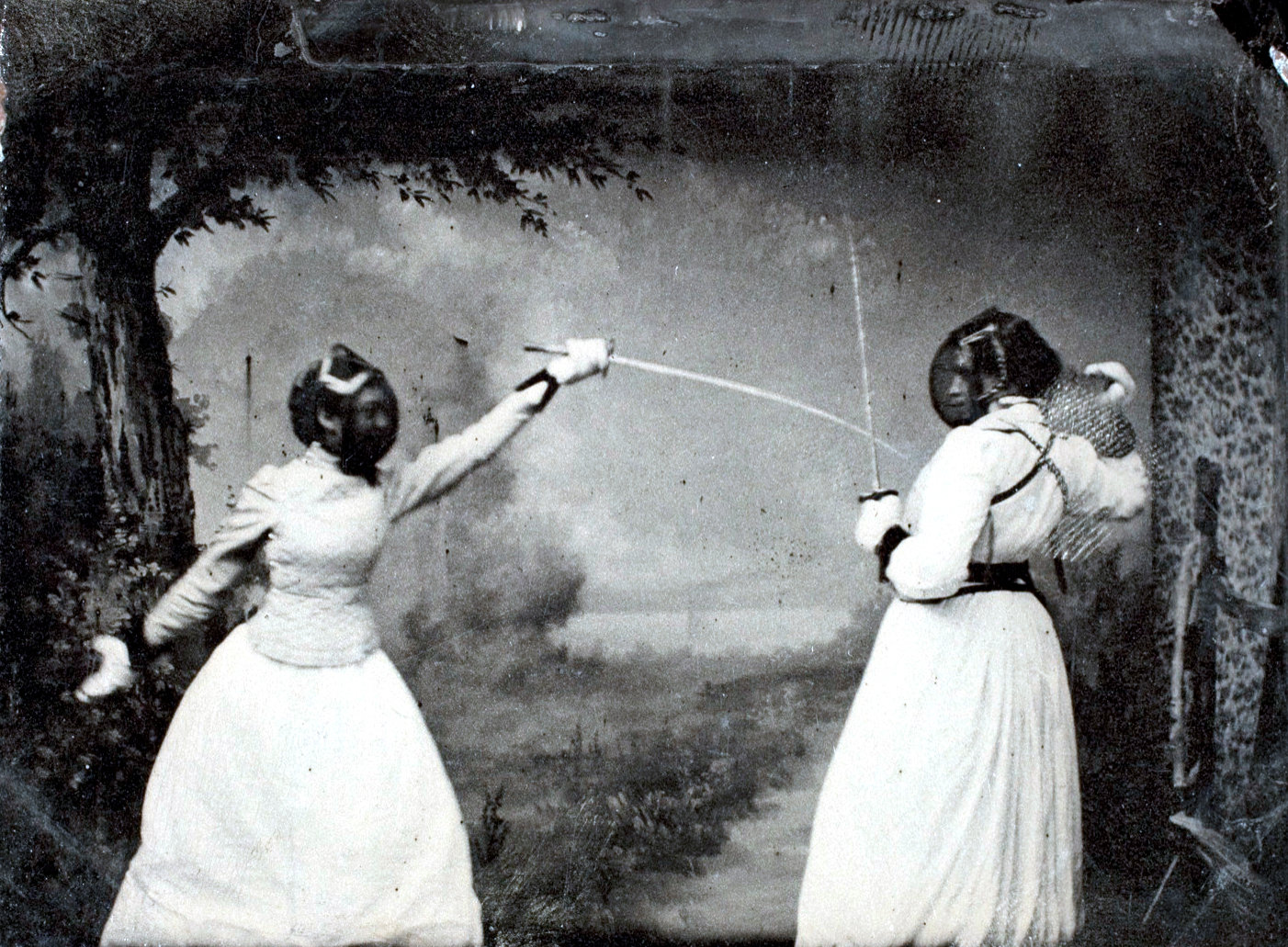Shadi Daryoush
Specific gender roles have been embedded as normal and natural in both theory and practice all too often. These default gender settings remained untouched and unquestioned for many years especially since they are perfectly attuned to the patriarchal society. In this light, the sexual and social roles individuals play in a society are not their gender and sexual identities, but merely acts performed to please these default gender settings. This is what Judith Butler names Gender Performativity, the term first used in her book Gender Trouble: Feminism and the Subversion of Identity. Butler argues in her Gender Trouble that the social roles each practice in a society are not their fixated gender and sexual identities, but performances acted to satisfy society’s preferences:
gender identity appears primarily to be the internalization of a prohibition that proves to be formative of identity. Further, this identity is constructed and maintained by the consistent application of this taboo, not only in the stylization of the body in compliance with discrete categories of sex, but in the production and ‘disposition’ of sexual desire… dispositions are not the primary sexual facts of the psyche, but produced effects of a law imposed by culture and by the complicitous and transvaluating acts of the ego ideal. (Butler 123)
What Butler suggests, is that the internalization of desire and the formation of identities are primarily productions of cultural power; and the power operates in the production of normative binary frame for gender.

The idea of the destabilization of gender by sexual practice and its nature of being a constructable form of identity that can be built and rebuilt; occurred to Butler from her reading of Gayle Rubin’s “The Traffic in Women”. According to Rubin, any society has its ways of dealing with gender and sexuality. What Rubin calls a “Sex/gender system”, refers to the frame in which sexual worlds have been organized and indicates that gender oppression is the product of the specific social relations that organize such domain. Within the dominant frame, one’s sexual and gender identity is defined and bestowed. Butler argues that “to call the frame into question is perhaps to lose something of one’s sense of place in gender” (Butler 12). According to Butler, the “coherence” and “continuity” of the person are not logical or biological features of personhood, but rather, socially instituted and maintained norms of intelligibility (Butler 60). In order to practically explain the terms of “gender performativity”, Butler uses Foucault’s model of disciplinary internalization of the subjection and subjectivation of criminals explained in his Discipline and Punish: The Birth of the Prison: “[I]n the context of prisoners, Foucault writes, the strategy has been not to enforce a repression of their desires, but to compel their bodies to signify the prohibitive law as their very essence, style, and necessity” (Butler 183). It means by using the methods of bodily punishment for criminals, the law is not internalized, but rather manifested through bodily acts as “the essence of their selves, the meaning of their soul, their conscience, the law of their desire” (Butler 183). According to Butler, what Foucault argues is that these criminals’ identities exist, but they are constantly formed and reformed “around, on, within” their bodies, and these bodies are being exercised by the punishment. From Foucault’s use of “around” and “on”, it can be understood that what has been “within” the body, is signified through application “on” the body. According to Butler, in Foucault’s terms, the soul is not held captive within the body but the identity “is the prison of the body” (Butler 184). In Butler’s terms “acts, gestures, and desire produce the effect of an internal core or substance, but produce this on the surface of the body, through the play of signifying absences that suggest, but never reveal, the organizing principle of identity as a cause.” (Butler 185). What Butler means by this is that the enactments and gestures are “performative” in the manner that the identity they produce is manufactured. A gendered body is not separate from “the various acts which constitute its reality” (Butler 185). In this matter, it can be understood that the body is a variable that can be politically managed and controlled by assignment of the “signifying practice within a cultural field of gender hierarchy and compulsory heterosexuality” (Butler 189). If such performative attributes are true, then there is no handbook definition for identities, sexualities or genders; no true or false in the ways each gender identity acts and performs; no “real” masculinity or femininity:
(…) gender reality is created through sustained social performances means that the very notions of an essential sex and a true or abiding masculinity or femininity are also constituted as part of the strategy that conceals gender’s performative character and the performative possibilities for proliferating gender configurations outside the restricting frames of masculinist domination and compulsory heterosexuality (Butler 192,193).

By challenging the concept of gender reality, Butler is suggesting that gender can be neither apparent nor fixed, neither original nor abnormal. It is only defined in certain terms in order to conduct agendas for societies and cultures: “[T]here would be no true or false, real or distorted acts of gender, and the postulation of a true gender identity would be revealed as a regulatory fiction” (Butler 192). By recognition of gender identity’s performative nature, one can possibly liberate from the restraints of the oppressive environment that enforces certain roles as normal.
Works Cited
Butler, Judith. Gender Trouble: Feminism and the Subversion of Identity. 2nd ed., Routledge, 1999.
Foucault, Michel. Discipline and Punish: The Birth of the Prison. Translated by Alan Sheridan, 1979, p. 29.
Rubin, Gayle. “The Traffic in Women: Notes on the “Political Economy” of Sex”. Toward an Anthropology of Women. First Edition, Monthly Review Press, 1975, pp 157-210.


